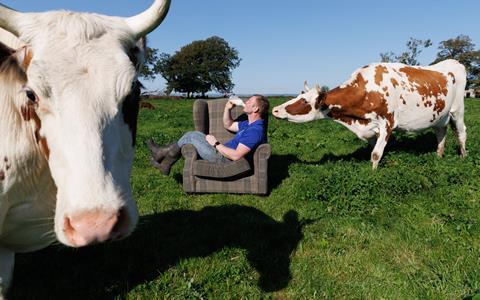
Scottish poet Robert Burns may have been a fine writer but he was a terrible farmer, planning to depart his troubled land for Jamaica just as his first book of poetry turned his fortunes around.
But two centuries later, his Ayrshire farm feels a different place, having transitioned into an organic dairy farm “leading the charge against big dairy’s stranglehold”.
Mossgiel Farm is set to launch a crowdfunding campaign next week on Crowdcube to raise £300k to build a state-of-the-art, zero-waste dairy facility. It will double production capacity and make “organic, ethical and sustainable milk more accessible to more people” by expanding into London.
“For far too long, small farmers have been driven out of business as ‘big dairy’ squeezes margins, drives down prices, and devalues milk through over processing and commoditisation,” said Bryce Cunningham, owner of Mossgiel Farm, where Burns wrote his renowned poem, ‘To a Mouse’.
“NOW’S THE DAY AND NOW’S THE HOUR” – Rabbie Burns
— Mossgiel Organic Farm (@MossgielFarm) October 3, 2024
BIG DAIRY nearly finished us, BIG BANKS said we are too unconventional to support.
But now, it’s time to FIGHT BACK as we launch our CROWDFUNDING campaign; so YOU can stand side by side with US on our journey.
We partnered with… pic.twitter.com/hULknVYSa2
“We’re not afraid to challenge societal norms, just like Rabbie himself,” said Cunningham. “Mossgiel is the antidote to a broken system – industrial dairy is giving real milk a bad name and work is needed to repair it.
“There’s a better way, a way that prioritises sustainability, animal welfare, and transparency over profit, and Scottish dairy can be at the sharp end of it.”
The crowdfunding campaign is part of a £900k investment initiative that Cunningham aims to secure through private investors and financial institutions.
Cunningham took over the farm in 2015 following his father’s death, yet in the first year, it lost more than £100k with milk prices at 9.6p per litre.
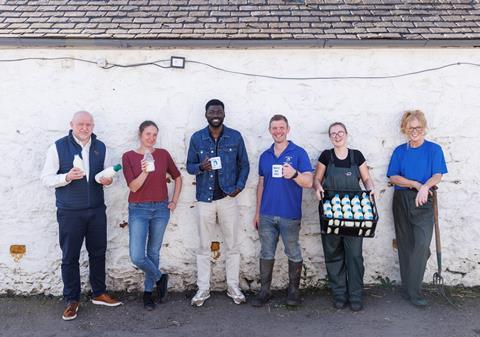
By transitioning to organic, Cunningham said the farm was now thriving, with £2m in turnover and 30% year-over-year growth. It now delivers 1.5 million litres of organic milk annually.
Animal welfare and sustainability were at the heart of the company’s operations, he added, with cows allowed to raise their calves naturally and single-use plastics eliminated in favour of glass bottles.
“We want to give people the chance to be part of the moo-vement against big dairy, and to reshape the future of farming in Scotland and beyond,” Cunningham said. “We can transform dairy into a solution rather than a problem.”







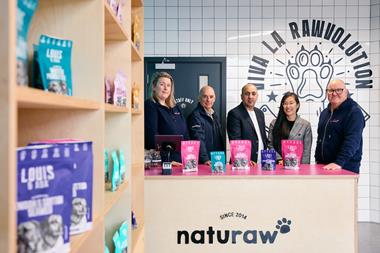
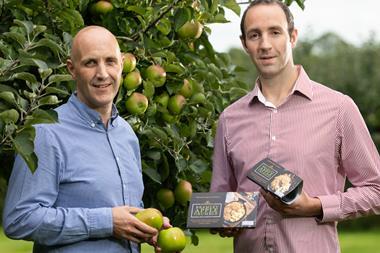
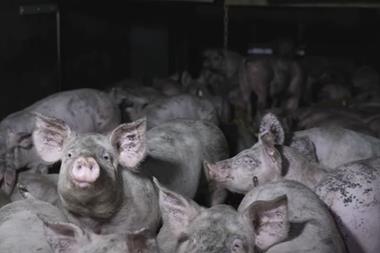
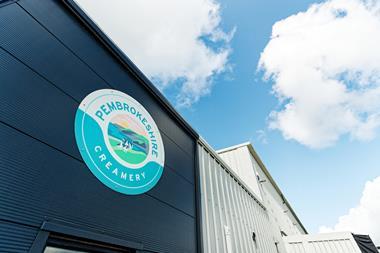
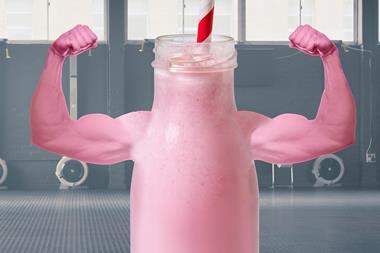
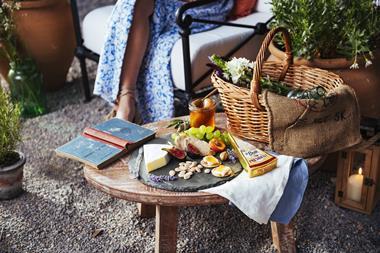






No comments yet